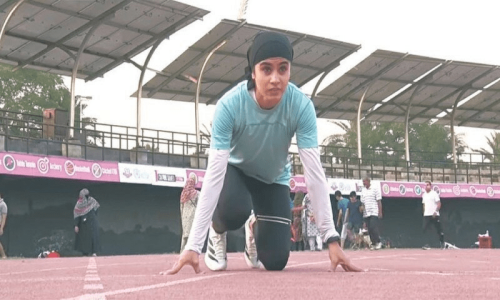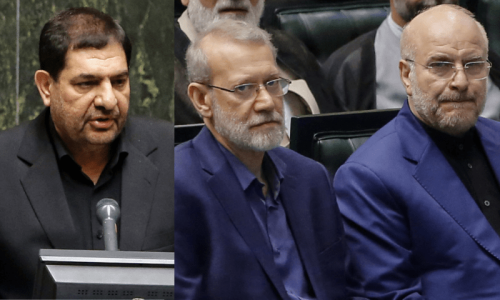INCONVENIENT questions serve a valuable purpose: they expose what may be an unjust status quo and nudge authorities to course correct. Indeed, there is nothing that serves a country better. A heated debate of this nature has taken place in the Senate over what the opposition terms as the “militarisation” of civil institutions.
The issue was raised by the Jamaat-i-Islami Senator Mushtaq Ahmed who spoke of encountering reluctance by the interior ministry to provide details about serving and military officers — including their perks and privileges — currently employed in Nadra. The senator said he had asked for the information in light of the rising unemployment in Pakistan while “we are hiring retired personnel of armed forces on lucrative positions”.
According to Senator Raza Rabbani, such personnel were holding at least 15 posts in civil institutions, including top positions at ANF, PIA, ASF, NDMA, etc. The government has defended the induction of the military officers on the grounds that they too are Pakistani citizens.
Read more: 'Injustice with youth': Senators seek details of retired army officers employed by Nadra
It is perhaps understandable, though no less unacceptable, that such inductions would be particularly frequent during military dictatorships, of which Pakistan has regrettably had several. To take but the latest such period into consideration, it was reported in late 2003 that 1,027 military officers, including 104 from among the highest ranks, had been inducted on civilian posts, including Pakistani missions abroad, following the coup on Oct 12, 1999, by Gen Pervez Musharraf. Of the total, 27 military officers were inducted at Grade 22, the highest attainable rank and pay scale for a civil servant in the country.
The sectors where the 1,027 security personnel were working on civilian posts included communications, minority affairs, health, agriculture, and social and women development, among many others. Matters may not be as extreme at present as they were then, but there are still a significant number of military inductees in civilian posts, a situation at odds with a democracy and bound to create disgruntlement among civilian officers qualified for these positions.
The fact is, those that fight wars are not always best suited for tasks outside their specific expertise; if that were the case, then Pakistan should have emerged from every dictatorship with governance running like clockwork. Moreover, at a time when the courts are increasingly underscoring the military’s constitutional role, the PTI government by extending overtly preferential treatment to military personnel while considering appointments in civilian roles, is exposing them to unnecessary controversy.
Published in Dawn, January 20th, 2022













































